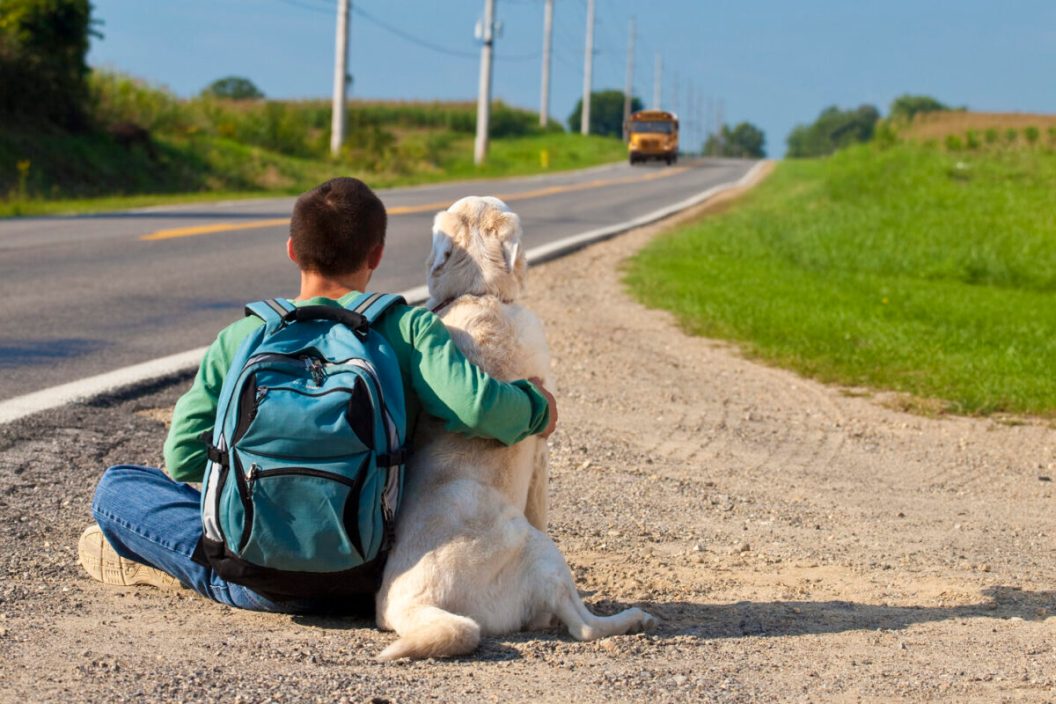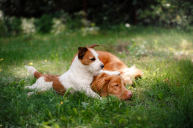Going back to school always disrupts routines, since kids' schedules change from year to year. Plus, it can be difficult to go from the relaxed pace of summer to non-stop busyness in a flash. But there's something you may not realize: If your family is experiencing a sense of upheaval during back-to-school season, your pet is likely feeling it, too. (And possibly then some!)
"Heading back to school can often mean a lot of changes to a household schedule," says Heather Gilihan, CPDT-KA, a trainer at Zoom Room Dog Training. "After an entire summer of being at home with your animals every day, doing fun activities, and having family time, your sudden absence can take a big toll on your pets."
She explains that dogs in particular can struggle with separation anxiety as schedules start to change. Signs of separation anxiety can include whining, scratching, urinating and defecating in the house, destructive chewing, and attempts to escape.
"If your dog is used to constant human companionship over the summer, a change in family routine and suddenly leaving your dog alone can be a big trigger for this disorder," Gilihan says. She adds that cats can experience back-to-school separation anxiety as well.
"While healthy and well-adjusted cats do not typically struggle with this, at-risk cats with backgrounds of trauma, abuse, or abandonment can often struggle with separation anxiety characterized by shaking, hiding, trying to escape, appetite loss, and diarrhea," she says.
Here are six useful tips to help your pets transition into your new back-to-school schedule.
1. Start Early
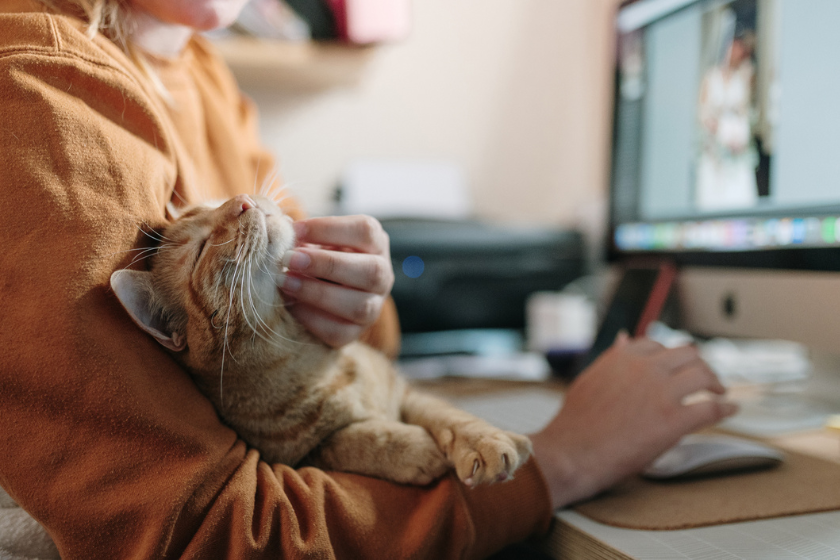
A few weeks before your kids go back to school, practice leaving the house for extended periods of time. It's important to do this gradually, so your pet can adjust to the change over time.
"Whether it's going grocery shopping, getting coffee, or going to the park, give your dog longer periods of time without access to you," Gilihan says. "Your absence will then become less jarring to them once your schedules do change, because they were slowly working up to longer periods alone."
2. Minimize Excitement
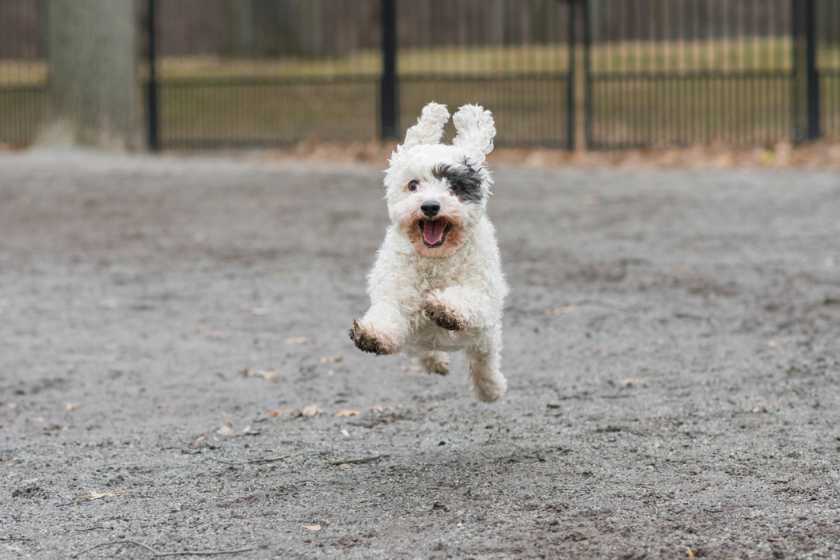
Even though it's natural to get excited when you see your pet after a long day, it can actually be detrimental to their well-being. Try not to show any excitement when leaving the house or, more importantly, when you get home. For dogs with separation anxiety, it's important to keep these transitions calm.
"Your dog's excitement to see you is not necessarily the same thing as them being happy," Gilihan says. "Your dog is absolutely happy to see you, but if they are overly excited— jumping, barking, whining—that is actually signaling stress and anxiety."
Loving on your dog, giving them eye contact, or talking to them too much when you leave or come back home can actually increase their "excitement" and make separation anxiety worse.
"Eye contact, speaking, and petting are 'rewards' to dogs, and they learn to anticipate those long goodbyes and excited returns, which can cause them mental duress while you are away," Gilihan says.
So, what should you do instead? While it may be hard, Gilihan says that the best approach is to ignore your dog for the first five to ten minutes when leaving or returning home. Practice this more and more as back-to-school season approaches.
"Your dog is forced to learn how to gain control over their own emotional state and control some of these unwanted behaviors. By not getting any 'reward' from you during that time period, they are forced to self-soothe to calm down, which, in turn, will help mitigate some of that separation anxiety they may be experiencing," Gilihan suggests.
3. Play Brain Games
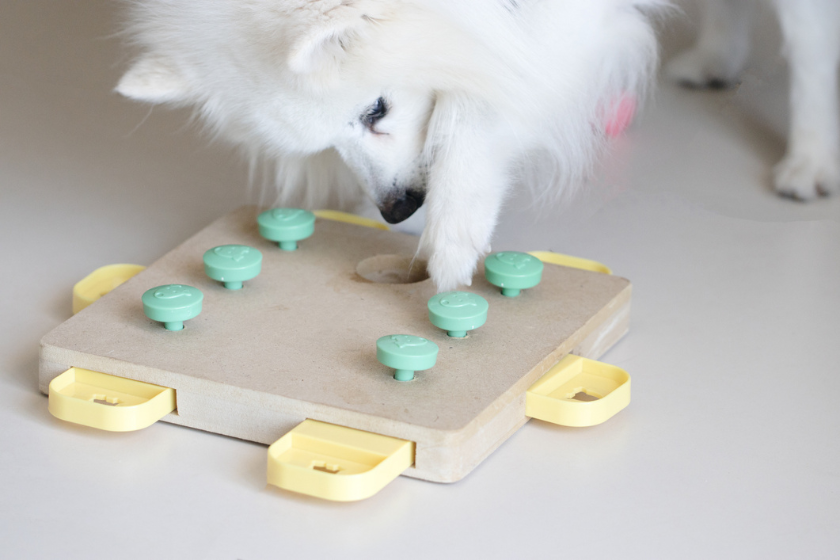
"Just like humans, when dogs are anxious and have nothing to do, they can ruminate and make their anxiety worse," Gilihan explains. "Giving them a way to put that nervous energy to use can help calm them down while you are away. Mental stimulation toys, treat dispensing toys, and puzzle toys are a great way to get their brains focused on something other than their anxiety."
4. Set Up a Safe Space
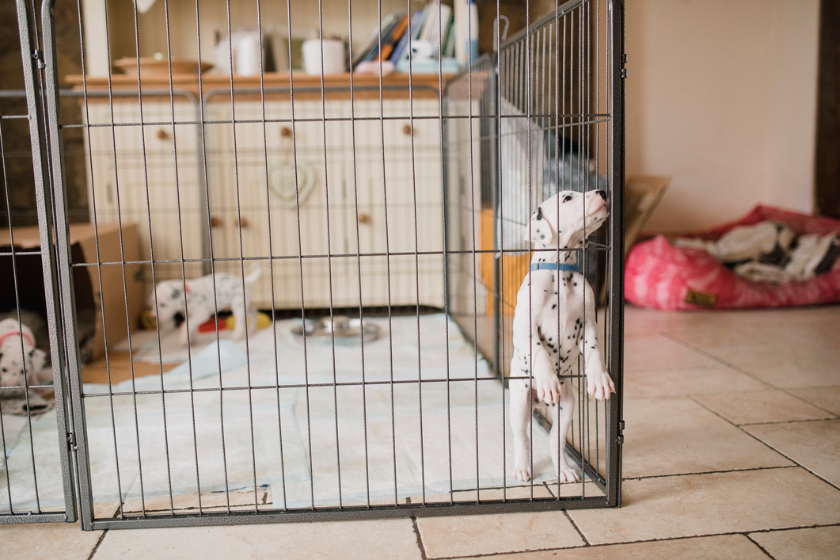
Unfortunately, when a pet is undergoing extreme separation anxiety, it can drive them to try to escape. If you already crate your pet while you're away, you may find that they scratch, bite, or dig to find a way out. If they're not in a crate, they'll carry out these destructive behaviors throughout the rest of the home. This is where puppy-proofing your house becomes extra important, even if your dog is no longer a puppy.
"It may be a good idea to set up a playpen in a familiar area of the house, with some toys, a crate, a mat, and some water to keep them busy," Gilihan says. "They may find it comforting to be able to be in a familiar place with your scent, but you are still giving them the protection they need so they cannot escape or destroy parts of your house in the process."
5. Use Calming Aids
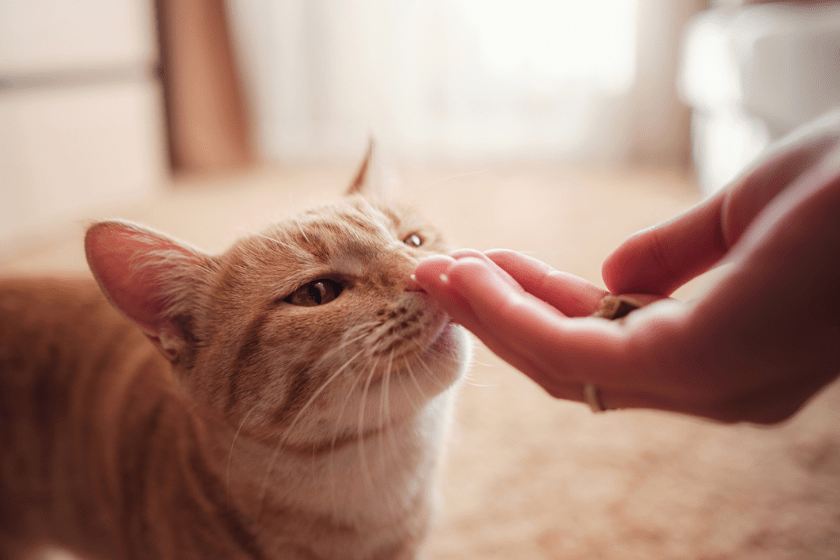
Before heading back to school, make sure that you have plenty of calming aids on hand to help your pet. Gilihan says that there are many items on the market for both dogs and cats with anxiety, including shirts, sprays, collars, and treats.
Calming shirts for dogs work similarly to swaddling a newborn baby, providing a sense of security and comfort. Meanwhile, sprays and collars release scents and pheromones that mimic the scent of their mothers, which can provide some relief. Calming treats can be beneficial to dogs with mild anxiety, Gilihan says, adding, "they often contain naturally-occurring proteins like whey or casein, which can make them feel sleepy."
6. Consult Your Vet
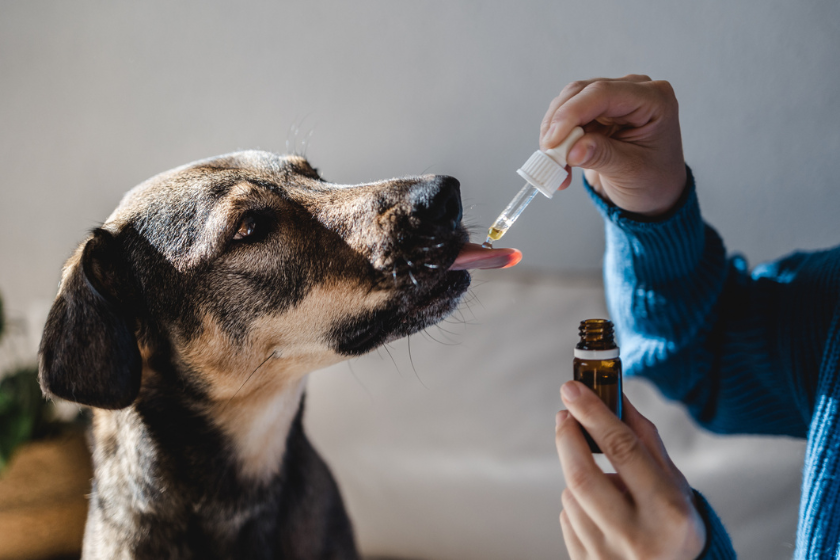
"As always, if your dog is suffering from major separation anxiety and no other tips and tricks are working for you, consult your local veterinarian," Gilihan advises. "They may be able to provide anxiety-reducing medication, CBD products, or supplements that can drastically improve the anxiety your pets are experiencing."
It may be a good idea to set up a vet appointment during the summer, that way you can deal with separation anxiety before heading back to school.
What are your back to school tips? Tell us on the Wide Open Pets Facebook page!
READ MORE: Girl Brings Pet to School in Her Backpack So He Wouldn't Be Lonely
